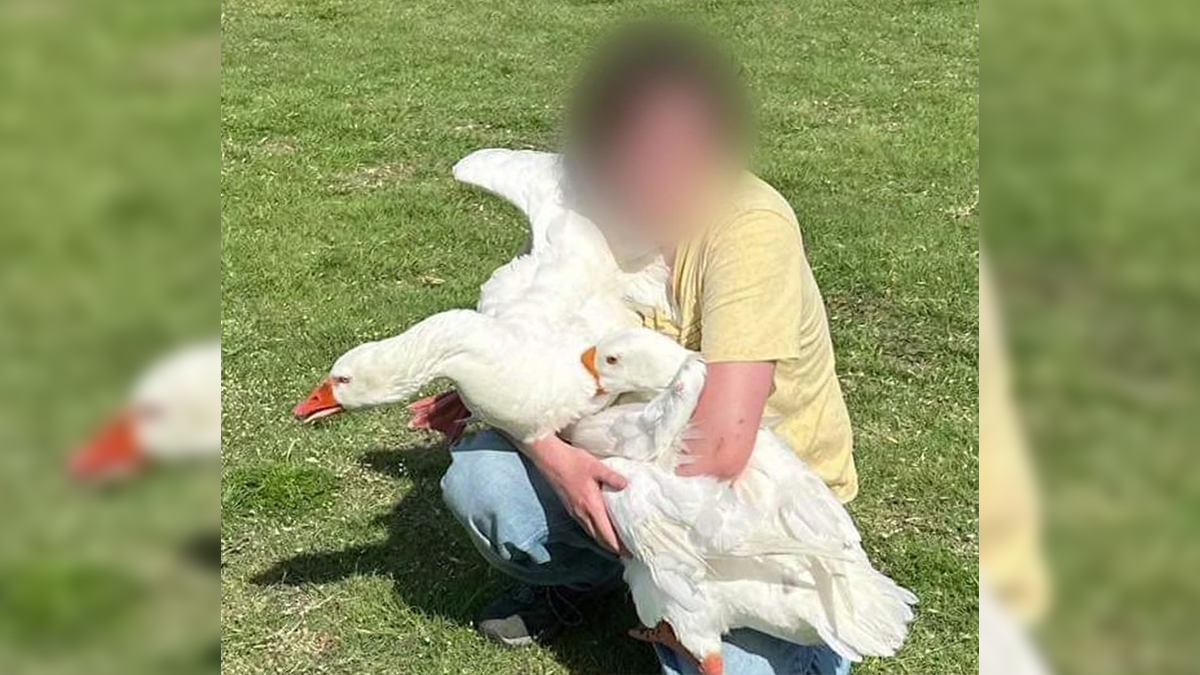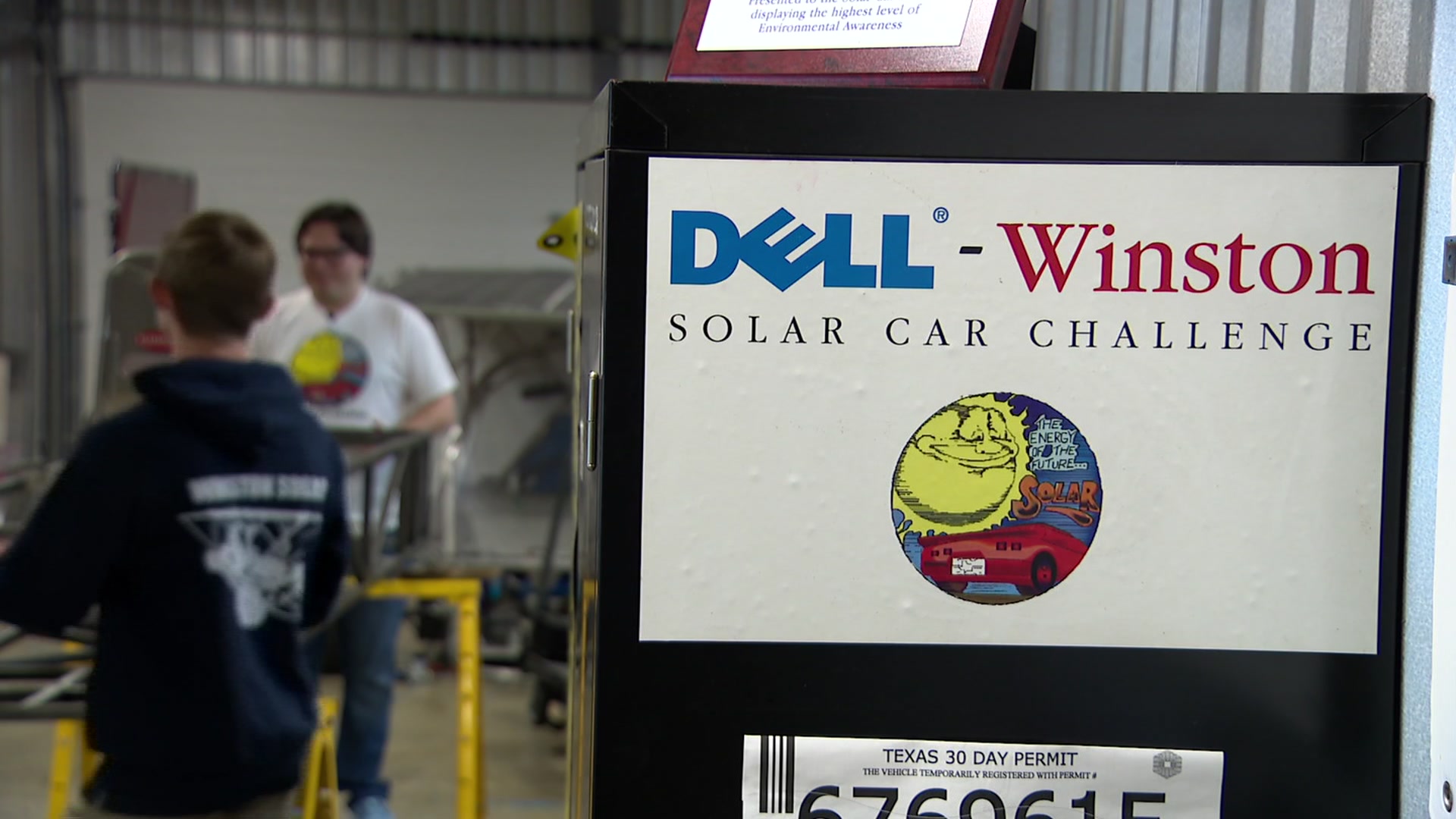COVID-19 may have taken a lot away. But the pandemic also opened our eyes, to see people like 11-year-old Rubi Jaimes.
"I actually want to study politics and I want to be the senator for Texas," she said.
Rubi is in the 5th grade at John Quincy Adams Elementary in Dallas where many of the students are disconnected from the internet.
"Literally it's going to be surprising but like 95% of my students only have a phone," said Genesis Castillo, a fifth grade teacher at Adams.
Smartphones are the only way many of the students here can get online from home. It's tough in an education system that's long abandoned textbooks for fancy online learning platforms which often don't work on the phone. Even worse, when there's only one phone in the home shared by an entire family.
Reading teacher Genesis Castillo not only gets it, but she also lives it. "I grew up in this area, I had my own struggles," she said. "I was lucky enough and blessed enough to have parents who one could take me to a fast-food restaurant."
'Lucky enough' to get a ride to the place students go for fries and free WiFi.
Local
The latest news from around North Texas.
Edvin Arriaza said without the free WiFi at the Buckner Boulevard McDonalds, he doesn't know that he would have gotten into college. "Whenever I couldn't go to the library, I was here," he said. "It's really hard to expect the best from the students when you don't give them the best resources."
Dallas ISD Superintendent Dr. Michael Hinojosa agrees.
"I'm going to take this on as a personal mission. I'm going to work on this for the balance of this calendar year," he said.
Hinojosa has been quietly putting together a team of school and government leaders to come up with a plan to connect students in Dallas and across America.
Fort Worth ISD Superintendent Kent Scribner is also on board.
The two leaders of North Texas' biggest school districts are looking at a solution NBC 5 showed you last month.
Castleberry ISD erected their own cell towers that beam internet signals out for a fraction of the cost of all those hotspots schools have been buying during the COVID outbreak.
"Unless we have bold action around improving connectivity for students and families we're going to have an academic regression that we have never seen before," said Scribner.
They're working at warp speed not knowing if COVID-19 could cancel in school learning again next school year.
A cell tower network could cost hundreds of millions of dollars for these large districts to get all students connected. The districts could target certain neighborhoods, like near Samuell High School, which is one of North Texas' biggest internet access deserts. A few towers here could bring thousands of students online.
Dr. Hinojosa plans to formally present his internet initiative to the school board next week.



